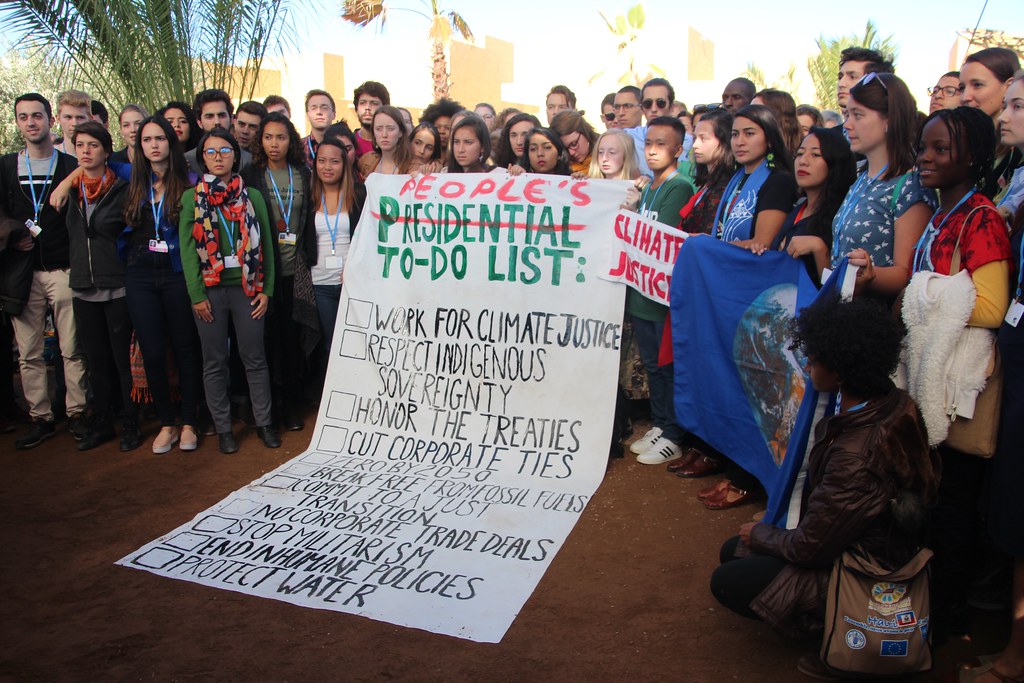 Environmental & Science Education
Environmental & Science EducationSTEM
Climate Change
Society
Edward Hessler
Is there a right to a healthy, human-friendly climate that is not destabilized by carbon pollution of the atmosphere? This seems inherent in the unalienable rights stated in the United States Declaration of Independence: life, liberty and the pursuit of happiness.
The question above is the substance of Juliana v. United States, a case first filed in 2015.
In an article about the lawsuit Nature reported that, The plaintiffs*, who include 21 people ranging in age from 11 to 22, allege that the government has violated their constitutional rights to life, liberty and property by failing to prevent dangerous climate change. They are asking the district court to order the federal government to prepare a plan that will ensure the level of carbon dioxide in the atmosphere falls below 350 parts per million by 2100, down from an average of 405 parts per million in 2017.
By contrast, the US Department of Justice argues that “there is no right to ‘a climate system capable of sustaining human life’” — as the Juliana plaintiffs assert.
The Supreme Court ruled on November 2, 2018 that the lawsuit can proceed although the path ahead is long, tortuous with the outcome uncertain. The Wiki entry provides a comprehensive overview of this case, closing somewhat ominously by noting that experts... expect that any decision in favor of the plaintiffs would be reversed by the Supreme Court, which is reluctant to declare new rights.
In the Nature essay, Andrea Rodgers, a co-counsel for the plaintiffs said that "we have to show that the United States Government is liable, but also that there is a remedy that the judge can order.'" In addition, I'd expect government lawyers to advance arguments that the United States alone cannot solve the problem.
*There are two other plaintiffs: the organization Earth Guardians and climate scientist James Hansen representing future generations.

 CGEE Student Voice
CGEE Student Voice
No comments:
Post a Comment